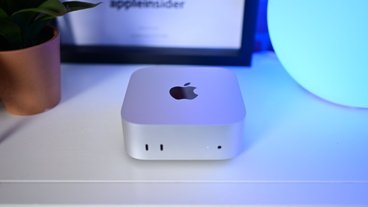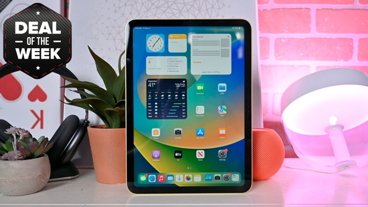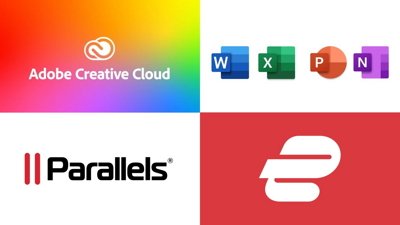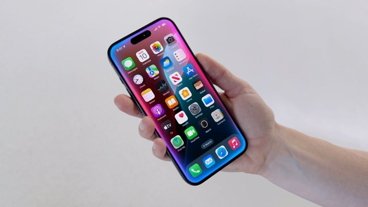In a report from Silicon Alley Insider, Loopt cofounder Sam Altman said the always-connected feature has been the most requested from users. The service allows people to track where their friends are at any given moment, a task difficult to constantly maintain on the iPhone, which doesn't currently allow third-party applications to run in the background.
Ordinarily, closing the application would cease any connections, but the new AT&T-sanctioned feature comes with a price: The always-on capability will add $3.99 to a monthly AT&T bill, after the 14-day trial. The initial trial will be open to 5,000 users.
According to the report, the new deal doesn't change the policy on third-party apps — think of it more like a service than the entire Loopt application running in the background. It says that the application is running "server-to-server," with AT&T's help, but the application itself does not run in the background.
"Because Apple's iPhone doesn't yet support background processing for third-party apps, Loopt ordinarily only knows where you are when you're actively pinging its servers," the report states. "That's not as useful. (And a limitation Loopt doesn't have to deal with on other platforms.) But that's changing via this new deal.
"It also gives Loopt an advantage over competitors, like Google's Latitude service, which you must manually activate every time you want to 'check in.'"
With the new feature, users will be able to receive alerts when they are near people or places they're interested in. Altman also said that users could create a "life graph" of places they've been.
Earlier this year, Apple was rumored to be mulling the possibility of allowing true multi-tasking on the iPhone. So far, though, the Cupertino, Calif., company has only enabled push notifications. Concerns about poor battery life with multiple applications running at once have had the handset maker allow one program at a time (aside from first-party features like the iPod) since the App Store first opened.
At the Worldwide Developers Conference in 2008, Apple was critical of background applications on smartphones, arguing that users are often led to believe that they have quit programs when they remain open, thus reducing battery life and hurting processor performance.
 Katie Marsal
Katie Marsal













 AppleInsider Staff
AppleInsider Staff
 Christine McKee
Christine McKee



 Andrew O'Hara
Andrew O'Hara











45 Comments
If I'm going to pay AT&T $4/month for this service, then it shouldn't be limited to just Loopt. Google Latitude and any other opt-in location tracker should be able to be a part of this.
...... users are often lead to believe.....
"led"
(Apologies for a nitpicky second post).
PA Semi = multi-core
I believe apple is going to pull off this feat the smart way without turning the iPhone into WinMo's ugly grandchild...
PA Semi = multi-core
I believe apple is going to pull off this feat the smart way without turning the iPhone into WinMo's ugly grandchild...
perhaps an ultra-low power core(s) dedicated for small background processes?
Is it just me, or did AT&T just get done telling the FCC that it had no role in approving iPhone applications?